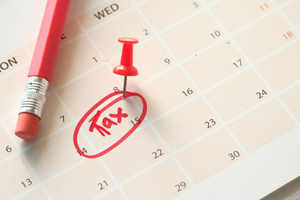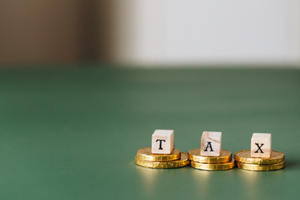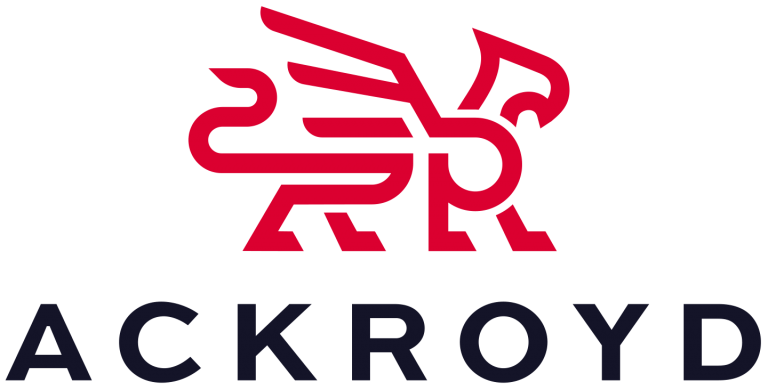How does the new health and social care tax affect your pay?
For those affected, it will not have gone unnoticed that an extra tax was added to employees’ payslips as of April 2022.
This was a result of the new Health and Social Care levy which lead to an increase of 1.25% in tax in the UK. This means that the total National Insurance contributions that some employees and self-employed people have to pay will now amount to 13.25%.
After April 2023, the health and social care tax will be an individual legal surcharge in its own right, separate from National Insurance.
For many people already struggling financially, the extra tax seems to have come at a bad time when utility bills have increased and the standard cost of living is higher than ever before.
This post will go through why exactly the health and social care tax has been put in place and who needs to pay it by law.
Why was the health and social care levy introduced?
The health and social care levy has been introduced to be able to gather funds for the National Health Service (NHS) and other care organisations. 
As a result of the pandemic, the government has had to support the health sector along with other sectors that were affected whilst trying to keep the economy intact. The new levy has been put in place as a long-term solution for health and social care services.
Who needs to pay the new health and social care tax?
Employees
Tax contributions must be paid by employees through PAYE (payroll system) directly to HMRC. This is managed by employers. Those that will be affected will be earning the Primary Threshold and Lower Profits Limit (£9,568 in 2021 to 2022 tax year). The amount that a person will be charged in taxes is dependent upon the amount that they earn.
National Insurance contributors in the following tax classes will be taxed the new levy for the current tax year (2022-2023): Class 1, Class 1A, Class 1B, and Class 4.
- Class 1: Employees earning more than £190 a week and under the State Pension age
- Class 1A or 1B: Tax contributions are paid on an employee’s expenses or benefits
- Class 4: Self-employed people earning profits of £9,881 or more a year
The tax contributions will increase in the following way:
- Those earning £190 – £967 per week or £823 – £4,189 per month will need to pay 13.25% in National Insurance tax.
- Those earning over £967 per week or £4,189 a month will need to pay 3.25% in National Insurance tax.
For example, in the tax year 2022 – 2023, someone who earns an annual salary of £24,100 would need to pay an additional £180 for the year. Someone earning an annual income of £67,100 would have to pay an additional £715.
People above the state pension age
Those above the State Pension age will not have to pay this tax year’s health and social care contribution but will have to pay it from April 2023. The state pension age is dependent on the person and when they were born- See here to check your state pension age.
Self-employed people
Self-employed people will have to pay the health and social care tax on profits of over £9,568 (for the tax year 2021-22) through their self-assessments. Those who do not need to pay this tax levy include the following:
- Those who have profits of less than £6,725 a year from self-employment.
- Those who have a specific job (such as an examiner or business owner in property or land) and do not pay Class 2 National Insurance through Self Assessment.

Employed and self-employed people
People who are both employed and do self-employed work too will pay the extra tax by having this deducted from their wage by their employer. Class 2 and 4 National Insurance may also be applicable for self-employed earnings.
How will the increased National Insurance tax affect employers?
Employers will now need to pay a hefty 15.05% on each employee earning a salary that is above the required threshold.
How long will people need to pay the health and social care levy for?
From April 2023 onwards, the National Insurance contributions rates will go back to how they were in the 2021 – 2022 tax year. After this, the health and social care levy will be its own separate tax of 1.25%.
Those above the State Pension age will not have to pay this tax year’s health and social care tax but will have to pay it from April 2023. 
Is anyone exempt from paying the full health and social care levy?
Yes, employed married women with a valid ‘certificate of election’ can pay a reduced rate of 7.1% of weekly earnings between £190 – £967 instead of the standard rate of 13.25%.
The following people can also get National Insurance credits:
- Widows
- Those receiving Child Benefits for a child under 12
- Those looking after someone who’s sick or disabled
At Ackroyd, we can help with employment matters. Every case has its own unique intricacies to consider, and our skilled and experienced team of employment experts are available to support you. Please do not hesitate to contact us today on 020 3058 3363.


